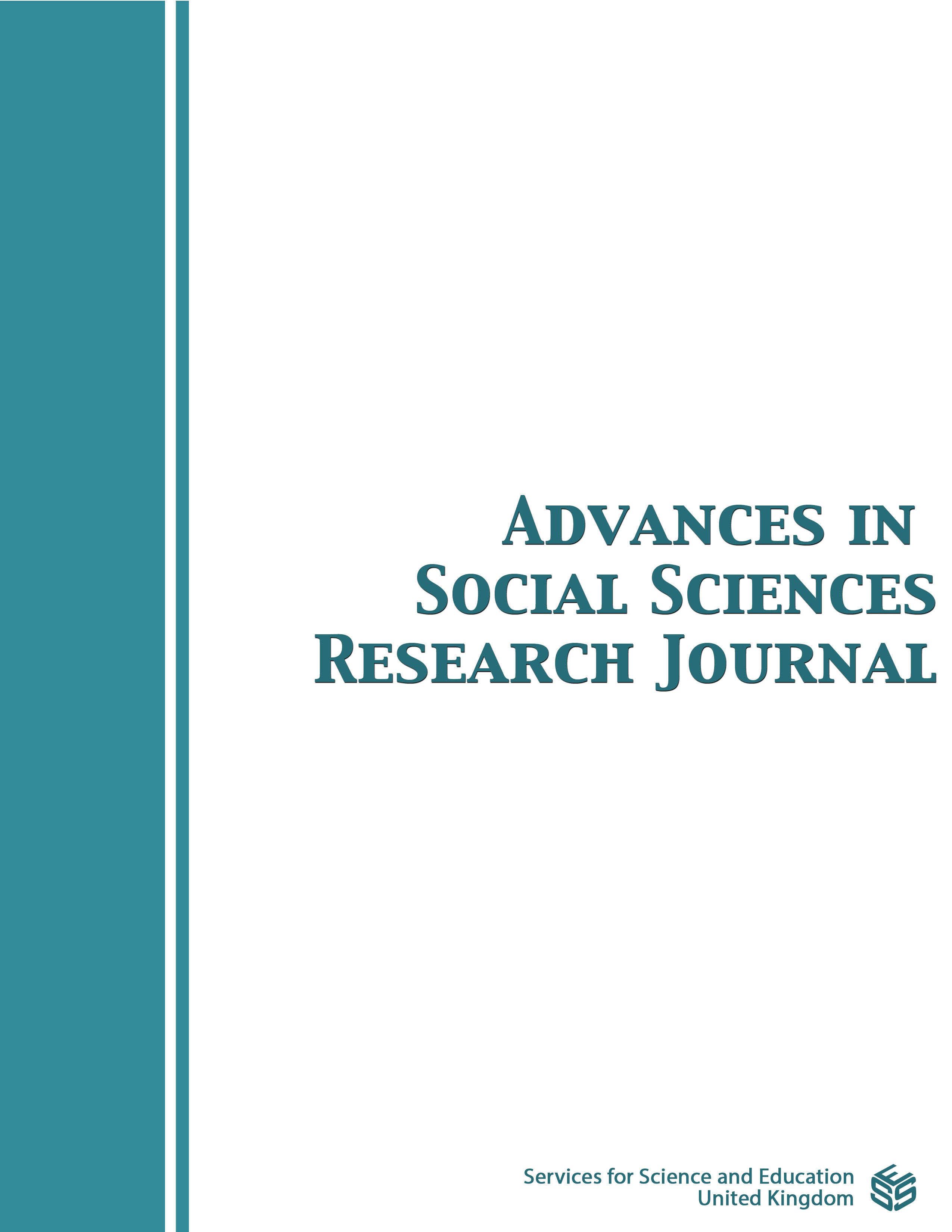Psychological factors in organizations evaluation
DOI:
https://doi.org/10.14738/assrj.810.11063Keywords:
ethics; compliance; psychological factors; corporate breaches; organizations evaluationAbstract
When major corporate breaches have occurred, the blame and the punishment always has been on the so-called “bad apples” in an organization. The trouble with such an approach ignores the cultural and psychological context about which the “bad apple” flourishes. Usually, corporate breaches seem to occur in two areas; they will either involve ethical or legal violations. An understanding of ethical and compliance issues in an organization is thus of utmost importance. These issues herein inspired research. The concern of the study will be the psychological factors within an organization that need understanding from an ethical or compliance point of view.
References
. Bandura, A. (Ed.). (2017). Psychological modeling: Conflicting theories. Transaction Publishers.
. Barkan, R., Ayal, S. & Ariely, D. (2015). Ethical dissonance, justifications, and moral behavior. Current Opinion in Psychology 6(1). P.157-161.
. Barkan, R., S. Ayal, F. Gino, and D. Ariely. "The Pot Calling the Kettle Black: Distancing Response to Ethical Dissonance." Journal of Experimental Psychology. 141(4). (November 2012): p.757–773.
. Borry, E. L. (2017). Ethical climate and rule bending: How organizational norms contribute to unintended rule consequences. Public Administration, 95(1), p.78-96.
. Gilman, S, C. (2005). Ethics Codes and Codes of Conduct as Tools for Promoting an Ethical and Professional Public Service: Comparative Successes and Lessons. Prepared for the PREM, the World Bank. Washington, DC.
. Hastings, R. (2012). Personality Influences Ethics of Leaders. SHRM Org. Retrieved: https://www.shrm.org/resourcesandtools/hr-topics/behavioral-competencies/ethical-practice/pages/personalityinfluencesethicsofleaders.aspx
. International Labor Organization. (1984). Psychosocial Factors at Work. Recognition and control. Report of the Joint ILO/WHO Committee on Occupational Health. Ninth Session.
. Klotz, A. C., He, W., Yam, K. C., Bolino, M. C., Wei, W., & Houston III, L. (2018). Good actors but bad apples: Deviant consequences of daily impression management at work. Journal of Applied Psychology, 103(10), p.1145.
. Koodamara, N. K., Prabhu, N., Suhan, M., & Narayanan, S. L. (2020). Big five personality traits and ethical climate: A test of antecedents of unethical behaviour. Journal of Education for Business, p.1-9.
. Mamaysky, I. (2021). Understanding Ethics and Compliance. Journal of Regulatory Compliance, Forthcoming.
. Nordlund, A. (2009). Values, attitudes, and norms: Drivers in the Future Forests context. Umeå University. Working Report.
. Scott, E. (2002). Organizational Moral Values. Business Ethics Quarterly, 12(1), p.33-55.
. Sroka, W., & Szántó, R. (2018). Corporate social responsibility and business ethics in controversial sectors: Analysis of research results. Journal of Entrepreneurship, Management and Innovation, 14(3), p.111-126..
. The Conversation. (2014). You say morals, I say ethics – what’s the difference? Retrieved: https://theconversation.com/you-say-morals-i-say-ethics-whats-the-difference-30913.
. Transparency International. (2019). 25 Corruption Scandals That Shook the World. Retrieved: https://www.transparency.org/en/news/25-corruption-scandals#.
. Vidolova, M., & Pavlova, M. (2020). Risk Management And Professional Ethics In The Company Activity. Yearbook of St Kliment Ohridski University of Sofia, Faculty of Economics and Business Administration, 18(1), p.51-76.
Downloads
Published
How to Cite
Issue
Section
License
Copyright (c) 2021 Valeriu Deciu

This work is licensed under a Creative Commons Attribution 4.0 International License.
Authors wishing to include figures, tables, or text passages that have already been published elsewhere are required to obtain permission from the copyright owner(s) for both the print and online format and to include evidence that such permission has been granted when submitting their papers. Any material received without such evidence will be assumed to originate from the authors.






